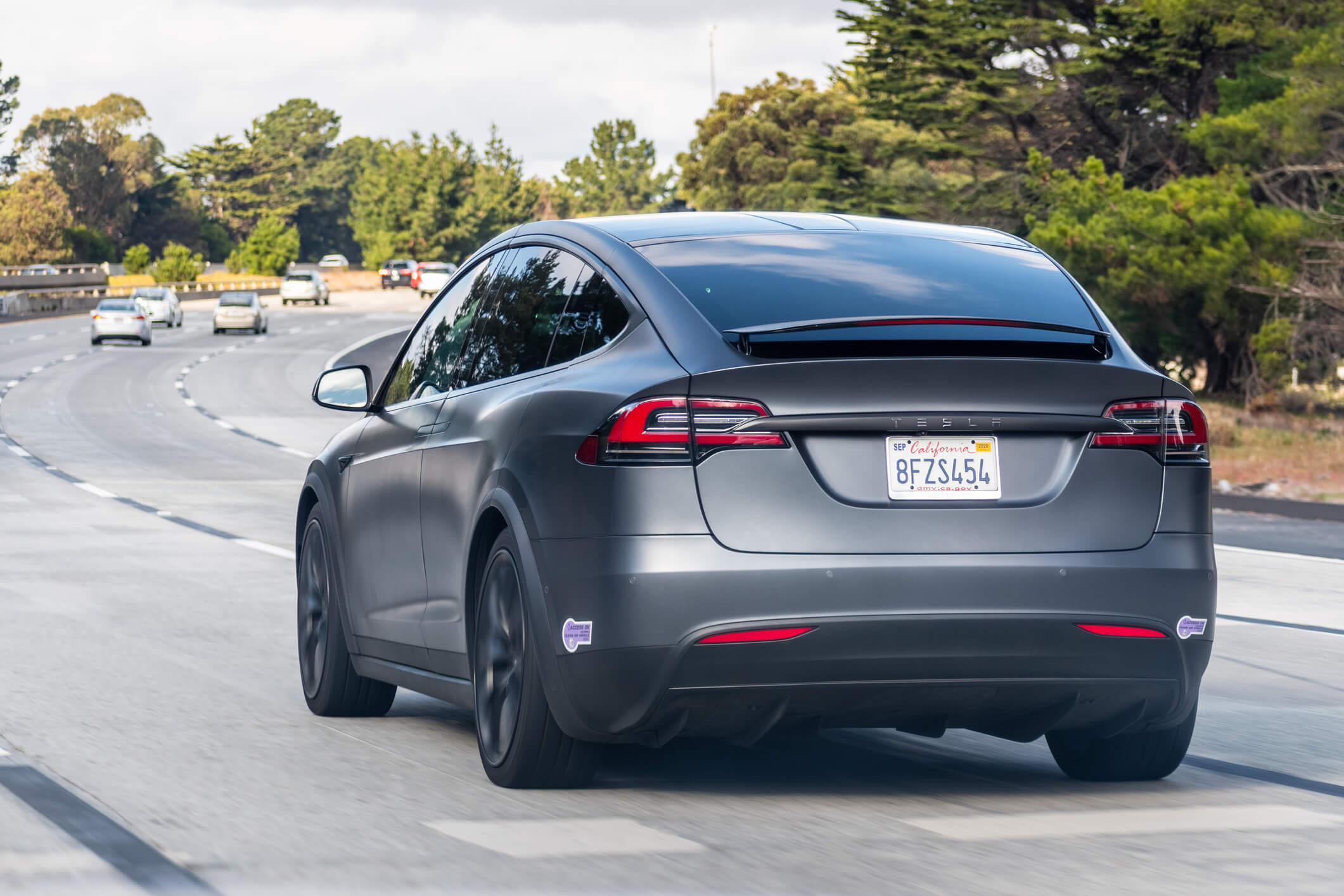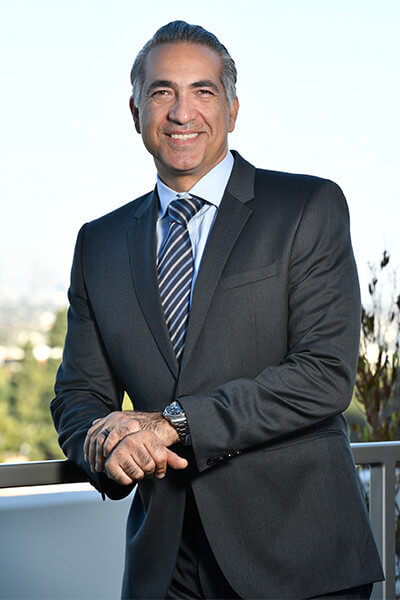By: Nicole Halavi
Self-Driving cars have become one of the most desirable automobiles for the new generation of automobile enthusiasts. With advanced technologies, drivers essentially become passengers in their own vehicles. Though automakers claim that these innovations are completely safe, self-driving cars have been the subject of many recent accidents and lawsuits.
For example, Tesla is facing lawsuits regarding defects in its vehicles’ autopilot program. Plaintiffs claim that they were sold Tesla models lacking standard safety features, which inevitably led to the accidents. However, Tesla is not the only automaker promoting the self-drive feature without standard safety measures; Google, Uber, and General Motor’s vehicles have also been involved in accidents resulting from a defect in the autopilot feature. Multiple cases involving multiple auto brands led us, and many others, to question the authenticity of the auto manufacturers’ claims supporting the safety of autonomous vehicles.
The attorneys at CCA have assisted clients with defects in their vehicle’s self-driving features. If your vehicle has suffered repeat repairs and still does not operate properly, we invite you to call our experts today for a free consultation: (833) LEMON-FIRM.
What are the Safety and Legal Issues Surrounding Self-Driving Cars?
While self-driving cars are relatively new, and performance data of safety features slim, there has been a steady increase in cases filed against manufacturers of self-driving vehicles.
Tesla, one of the most popular autonomous vehicle brands, has always promoted the safety of its autopilot software. On the Tesla website, the autopilot software is said to “help avoid collisions from the front and sides, and prevent the car from wandering off the road.” However, in 2016, the Tesla Model S was involved in an accident after it failed to prevent a collision with an 18-wheeler.
In July 2016, the first lawsuit filed against Tesla was made by a man who lost his son in a car crash caused by a defect in the Model S. He argued that the brand should be cautious while marketing their autopilot feature and inform the consumers of the potential risks.
Notably, the first pedestrian death caused by the autopilot feature was in Arizona on March 20, 2018.
The autopilot feature is a new concept, and while many are drawn to its distinctive abilities, only few are aware of the dangerous problems of this new technology. Injured consumers of such vehicles have come forward and filed formal complaints to draw the public’s attention towards the potential safety risks caused by this feature.
In 2017, several Tesla Model S and Model X users filed a class-action lawsuit regarding the autopilot feature. The lawsuit alleges that the company has sold numerous models equipped with the autopilot feature, but has done so without following appropriate safety regulations. The lawsuit includes all Model S and X vehicles manufactured between October 2016 and March 2017. The plaintiffs allege that the defective autopilot feature makes the vehicle more susceptible to lurching and sudden braking, which could lead to potentially dangerous accidents.
What Can I do If I am an Owner of a Self-driving Vehicle?
If you have noticed any of the above-mentioned issues regarding your self-driving vehicle, CCA’s lawyers are here to help! Our attorneys are knowledgeable about the problems consumers experience when operating a self-driving vehicle and they will work to get you the compensation you deserve. Call our experts today for a free consultation at (833) LEMON-FIRM.

